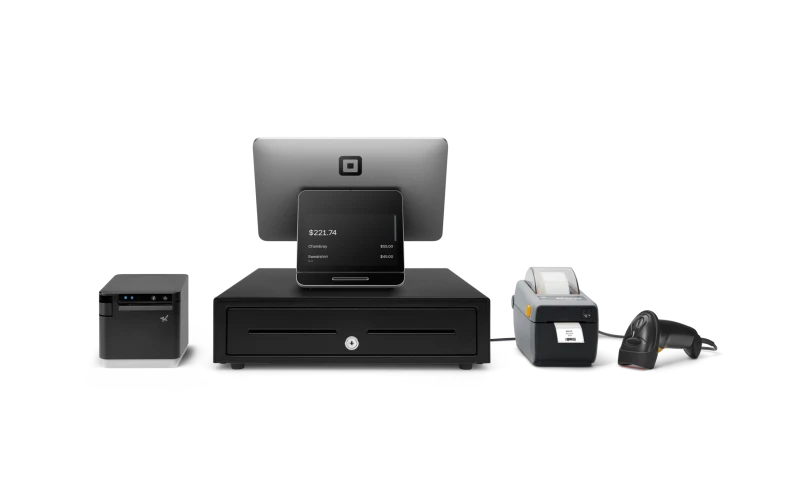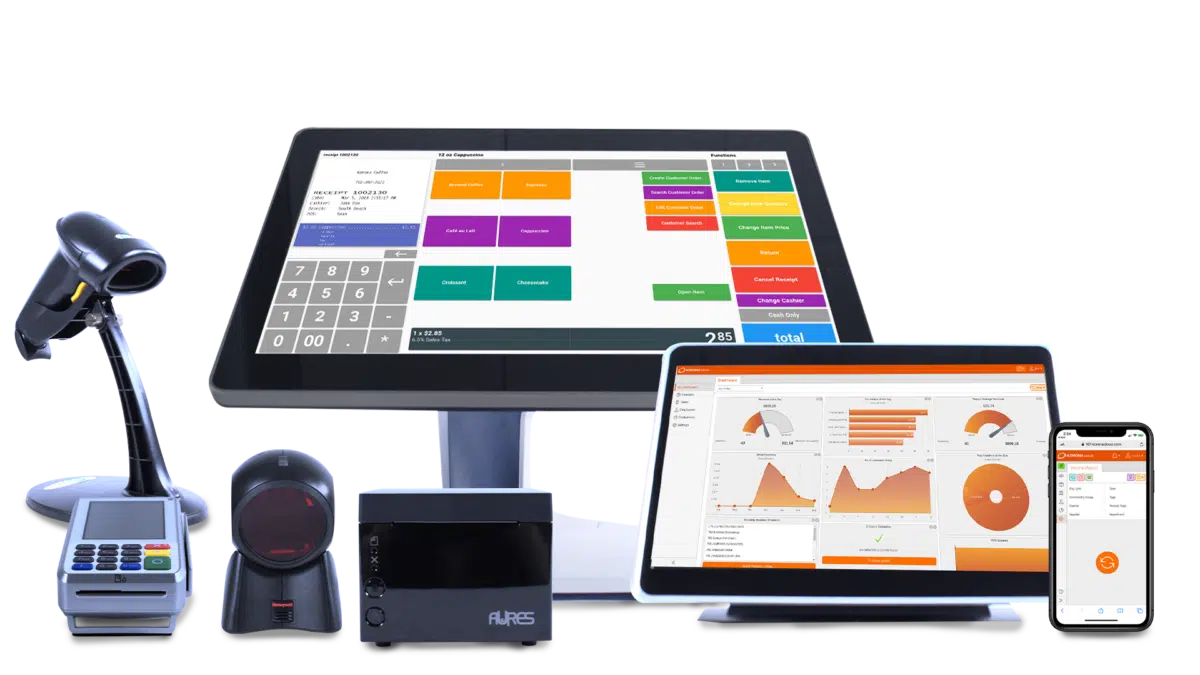Restaurant POS Software platforms vs. manual tracking: Which wins?
The Role of POS Software Program in Streamlining Sales and Inventory Monitoring
POS software program has actually become important for businesses intending to improve sales and inventory management. By automating purchase processes, it minimizes checkout times and boosts precision in stock levels. Moreover, the software program offers understandings right into sales trends, enabling services to maximize their operations. There are extra variables that affect the effectiveness of POS systems. Comprehending these components can bring about even greater efficiency and client satisfaction.
Comprehending POS Software Application: Trick Qualities and Benefits
Point of sale (POS) software program functions as a vital tool for services, simplifying sales and supply monitoring procedures. This software incorporates essential attributes that enhance functional performance. One noticeable feature is real-time stock monitoring, which enables companies to keep an eye on supply degrees and reduce the threat of overstocking or stockouts. Additionally, POS systems typically incorporate sales analytics, giving understandings right into consumer choices and sales trends.Another key advantage is the automation of purchase handling, which lessens human error and quicken the checkout experience. POS software program likewise supports various settlement methods, fitting the diverse preferences of customers. Straightforward interfaces make it available for staff, decreasing training time. In general, the robust functionality of POS software not just streamlines day-to-day procedures however likewise assists in educated decision-making, ultimately adding to improved business performance and client fulfillment.
Enhancing Sales Processes With POS Solutions
Utilizing POS services can considerably boost sales procedures by improving operations and enhancing customer communications. These systems automate various jobs, such as deal handling and sales reporting, which minimizes human mistake and saves time. By making it possible for faster checkouts, POS solutions improve the total consumer experience, resulting in raised complete satisfaction and repeat business.Moreover, these systems give useful understandings right into customer preferences and acquiring patterns. This data can help services customize their advertising and marketing techniques, enhance item placements, and identify very popular things. In addition, POS services frequently integrate with various other service devices, facilitating seamless interaction across departments.Training team on POS systems is normally straightforward, enabling fast fostering and reducing interruptions. As an outcome, sales groups can concentrate much more on engaging with customers as opposed to managing troublesome hand-operated processes. In general, the execution of POS solutions results in a much more effective sales setting, fostering growth and improving earnings.
Real-Time Stock Administration and Tracking
Effective inventory administration is crucial for businesses aiming to maintain ideal supply degrees and fulfill client need. Real-time stock monitoring and radar, incorporated within POS software, facilitate immediate updates on supply degrees, allowing services to respond promptly to variations in need. This capacity allows stores to stay clear of stockouts and overstock scenarios, maximizing storage expenses and enhancing consumer contentment.
Examining Sales Information for Educated Choice Making
Real-time stock management not just assists companies keep suitable stock degrees however likewise works as a structure for assessing sales information. By leveraging point-of-sale (POS) systems, organizations can collect extensive understandings into sales trends, client choices, and product efficiency. Restaurant POS Software. This data evaluation enables organizations to identify peak sales durations, track slow-moving things, and make educated changes to inventory strategies.Furthermore, recognizing sales patterns can facilitate efficient pricing methods and marketing campaigns. Examining information in time permits businesses to anticipate future need more precisely, guaranteeing that supply straightens with anticipated patterns. Additionally, insights obtained can notify decisions concerning item selection, aiding businesses to focus on high-demand things while phasing out underperforming items. Inevitably, informed decision-making based upon sales information analysis not only boosts operational efficiency yet also adds to boosted profitability and competitive placing on the market
Improving Client Experience Via POS Integration
As services look for to boost consumer complete satisfaction, incorporating a robust point-of-sale (POS) system can play a critical function in simplifying the purchasing experience. Effective POS combination permits for faster transaction handling, decreasing wait times and enhancing total performance. Consumers appreciate swift checkouts, which cultivate a favorable perception of the business.Moreover, contemporary POS systems typically consist of functions such as client partnership management (CRM) tools, enabling companies to gather useful data on purchasing actions. This info can be used to personalize more info advertising and marketing efforts and offer tailored referrals, better improving client engagement.Additionally, offering numerous settlement choices through POS systems satisfies varied customer choices, adding to a seamless purchasing experience. By making sure that stock levels are properly tracked and updated in real-time, companies can decrease stockouts, making sure that customers locate the items they seek. Overall, POS assimilation significantly boosts client experiences, fostering commitment and repeat company.

Frequently Asked Questions

Just How Much Does POS Software Generally Cost for Small Companies?
The expense of POS software for local business typically varies from $50 to $300 monthly, depending on features and scalability. In addition, preliminary setup costs and hardware costs might add to the total financial investment.
Can POS Software Program Integrate With Existing Accounting Equipments?
Numerous companies make inquiries whether POS software program can effortlessly incorporate with their existing accounting systems. Commonly, contemporary POS solutions supply compatibility with different accounting systems, enhancing effectiveness and helping with exact monetary management throughout business operations.
What Equipment Is Needed for POS Software Application Implementation?
The needed equipment for POS software application usually consists of a computer or tablet, barcode scanner, invoice printer, cash drawer, and repayment terminal. Restaurant POS Software. These parts collaborate to facilitate effective sales handling and inventory monitoring
Is POS Software Application Suitable for Online Sales too?

Just How Frequently Does POS Software Application Demand Updates or Maintenance?
The regularity of updates and upkeep for POS software program mainly relies on the supplier and details system requirements. Usually, normal updates take place quarterly, while upkeep might be needed much more often to assure peak efficiency and security. POS software program has actually come to be crucial for organizations intending to boost sales and inventory management. Point get more info of sale (POS) software offers as a vital device for businesses, streamlining sales and inventory management processes. Additionally, POS services typically integrate with other company tools, facilitating seamless communication across departments.Training staff on POS systems is usually simple, allowing for quick fostering and minimizing disruptions. As businesses look for to boost client contentment, integrating a durable point-of-sale (POS) system can play a crucial function in improving the shopping experience. Consumers value swift checkouts, which foster a positive assumption of the business.Moreover, modern POS systems frequently consist of functions such as customer partnership administration (CRM) tools, enabling businesses to collect important data on acquiring habits.